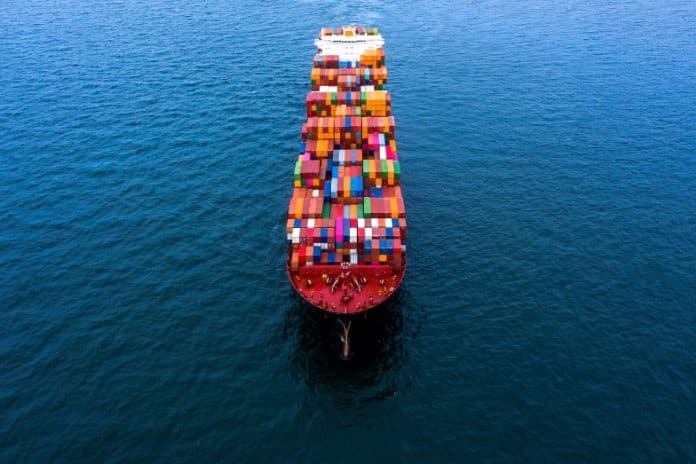There must be a de-escalation of tensions amid the ongoing attacks on international shipping in the Red Sea, the new Secretary-General of the International Maritime Organization (IMO), the United Nations agency responsible for regulating shipping, has urged.
“The entire world depends on international shipping. Seafarers, ships and cargoes should not be the subject of attacks. We must all work together to ensure safety of seafarers, freedom of navigation and stability of supply chains,” said IMO Secretary-General Arsenio Dominguez in January.
The crisis in the Red Sea, which strategically connects Europe and Asia, has been marked by Houthi-led attacks disrupting shipping routes off the coast of Yemen which have disrupted global trade and raised fears of further spillover from the war in Gaza. Major players in the shipping industry have temporarily suspended transits through the Suez Canal, a vital link for international shipping.
Escalating tensions
In January, the UN Security Council passed a resolution condemning “in the strongest terms” the multiple attacks by Houthi rebels.
Houthis control the capital Sana’a and large swathes of Yemen, including the Red Sea coast. They began targeting what they believe to be Israel-bound vessels in mid-November after first launching missile and drone attacks against Israel itself, in support of the extremist group Hamas.
They have since widened their aim to all international shipping companies, until, they say, Israel allows full humanitarian supplies to enter Gaza, causing many companies to divert ships far to the south around the Cape of Good Hope, driving up costs and threatening to disrupt the entire global supply chain. In response, the United States, United Kingdom and other countries launched airstrikes against the group at sea and now on land, further increasing tensions in the region.
Weekly transits going through the Suez Canal have decreased by 42% over the last two months, according to estimates by the UN trade and development body, UNCTAD. IMO Secretary-General Arsenio Dominguez recently met with shipping industry representatives at the organisation’s headquarters in London and reiterated the message that seafarers are innocent victims in the volatile Red Sea situation. He called for freedom of navigation must be upheld, to guarantee global trade and the flow of goods by sea. Mr. Dominguez also urged caution and restraint to avoid further escalation of the situation in the Red Sea and broader area.
Disruption to global supply chains
Maritime transport, which is responsible for over 80% of the global movement of goods, plays a critical role as the backbone of international trade. The challenges in the Suez Canal come on the back of pre-existing disruptions to global trade caused by the war in Ukraine and abnormally low water levels in the Panama Canal due to climate change impacts. Avoiding the Suez and Panama Canal necessitates more days of shipping, resulting in increased expenses.
“The cumulative effect of these disruptions translates into extended cargo travel distances, escalating trade costs, and a surge in greenhouse gas emissions from shipping having to travel greater distances and at greater speed,” said UNCTAD in a press statement.
Prolonged interruptions, particularly in container shipping, pose a direct threat to global supply chains, potentially leading to delayed deliveries and heightened costs.
“Energy prices are witnessing a surge as gas transits are discontinued, directly impacting energy supplies, especially in Europe. The crisis is also reverberating in global food prices, with longer distances and higher freight rates potentially cascading into increased costs. Disruptions in grain shipments from Europe, Russia, and Ukraine pose risks to global food security, affecting consumers and lowering prices paid to producers,” said UNCTAD.
The organisation is calling for an urgent need for swift adaptations from the shipping industry and robust international cooperation to navigate the rapid reshaping of global trade dynamics.
“The current challenges underscore trade’s vulnerability to geopolitical tensions and climate-related challenges, demanding collective efforts for sustainable solutions especially in support of countries more vulnerable to these shocks,” concluded UNCTAD.




